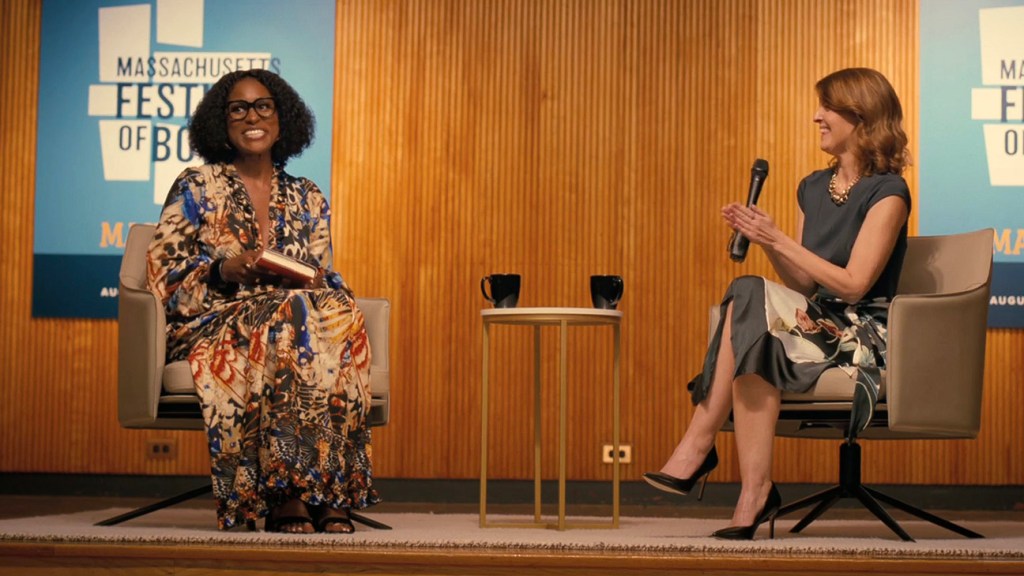
Anyone who was inside Toronto’s Royal Alexandra Theatre on Friday, Sept. 8, for the world premiere of American Fiction — an Amazon/MGM film that came into the festival with virtually no profile — could feel it: Cord Jefferson’s satire about American racial dynamics was clicking on all levels. Audience members were howling with laughter, choking back tears and completely riveted from start to finish. It was all enough to prompt Amazon/MGM to encourage Jefferson, who had left Toronto after the film’s first screening, to come back to town for subsequent screenings. He did.
And now, nine days after the film’s unveiling, TIFF attendees have chosen it as the winner of the festival’s Audience Award, cementing its status as one of this season’s top-tier Oscar contenders.
As I noted in an analysis that posted yesterday (in which I predicted that American Fiction would take home this prize), this was my 17th year covering TIFF. Over the 16 prior festivals, 14 TIFF audience award winners (all but 2007’s Eastern Promises and 2011’s Where Do We Go Now?) went on to nominations for the best picture Oscar. And five of them — Slumdog Millionaire (2008), The King’s Speech (2010), 12 Years a Slave (2013), Green Book (2018) and Nomadland (2020) — took home that ultimate prize.
It’s hard to say why TIFF attendees and Academy members tend to respond to films similarly. I suppose it might be a matter of demographics — Toronto is filled with people from all around the world, as is the Academy, and the average TIFF attendee’s age, educational background and level of affluence might well mirror those of Academy members. Whatever the reason(s), that track record of the audience award presaging Academy recognition is undeniably long and impressive.
I suspect that it will be further confirmed by the trajectory of American Fiction, a film that is smart, funny and has something to say about the world — just like recent best picture Oscar winners Parasite and Everything Everywhere All at Once. (Incidentally, had either of those titles had their world premiere at TIFF, as opposed to screening first at Cannes and SXSW, respectively, I’d bet a lot that TIFF audiences would have chosen them over the films that they instead gave their audience award to, Jojo Rabbit and The Fabelmans, respectively.)
At this point, I suspect that Amazon/MGM is reevaluating its awards priorities. Heading into the fall fests, it seemed as if they thought that Emerald Fennell’s Saltburn was their most promising contender, but that film — which I saw at Telluride and happened to like quite a lot — has proven to be rather polarizing, whereas virtually everyone I know who has seen American Fiction at least liked it.
Now, I would expect the campaign engines to rev up for not only American Fiction for best picture but also Jefferson for best director and best adapted screenplay, Jeffrey Wright for best actor, Sterling K. Brown for best supporting actor and Erika Alexander — as well as, perhaps, Issa Rae, Tracee Ellis Ross and Leslie Uggams — for best supporting actress. (Talk about a big and incredibly likable cast — a best ensemble SAG Award nomination has to be on the wish list, too.)
Most importantly, every Academy member who wasn’t in Toronto — as in, the vast majority of them — but who pays attention to the news, will now be itching to see American Fiction. Perhaps that’s the real value of the TIFF audience award and explanation for its longstanding track record of foretelling best picture Oscar nominations: Academy members, like other moviegoers, are simply looking for a recommendation. And this is a big one.













